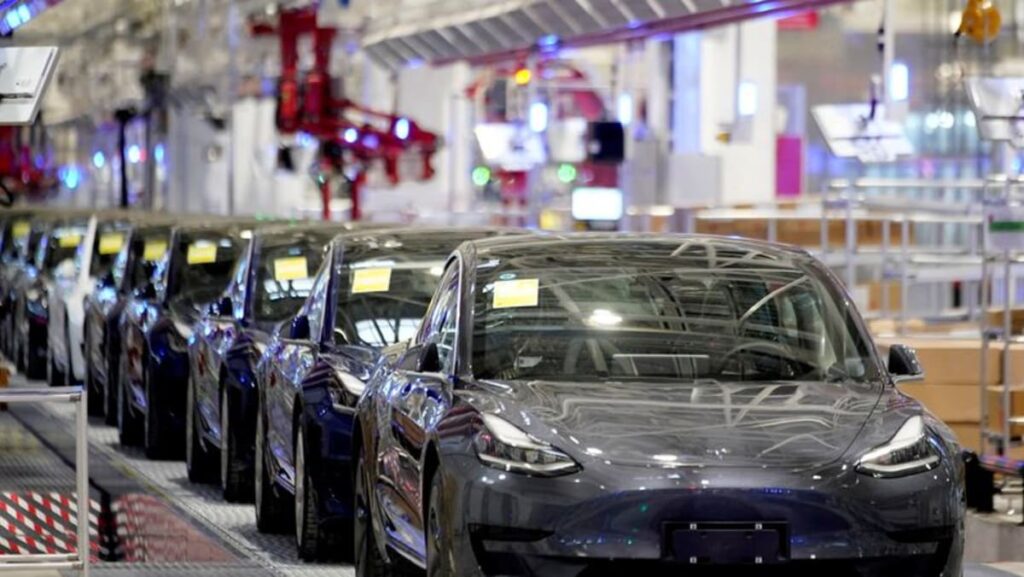Foreign brands’ market share of Chinese auto sales is tracking at a record low of 37 per cent in the first seven months of 2024, down from 64 per cent in 2020, according to data from Automobility, a Shanghai consultancy. So far this year, US brands are down more than 23 per cent while Japanese, Korean and German carmakers have also suffered double-digit declines, the data showed.
By contrast, sales of Chinese brands are up nearly 22 per cent with Chinese companies overwhelmingly dominating sales of the EV market.
WHEN WESTERN CARS ARE ALSO CHINESE EXPORTS
The groups’ market share slumps are occurring in the context of a bifurcated domestic auto market in China. Sales of EVs, including pure battery EVs and plug-in hybrids, are up more than 30 per cent this year while sales of fuel-powered cars are down nearly 7 per cent, the Automobility data also showed.
Against that backdrop, foreign brands from Hyundai and Nissan to Volvo and BMW have also started pivoting to exports of their made-in-China vehicles, according to company announcements and media reports over recent months. The FT also reported in June that Western and Japanese cars, including Tesla, Volkswagen and Honda, accounted for more than half of the Chinese-made EVs imported into Europe in the first four months of the year.
Tu Le, founder of consultancy Sino Auto Insights, predicts that ultimately GM and Ford as well as Stellantis – which owns the Jeep, Peugeot and Fiat brands – “will all export from China”. Moreover, he believes that as foreign groups come under more financial pressure, they will probably need to increase their sourcing from Chinese suppliers to be competitive.
Chinese companies, spearheaded by Warren Buffett-backed BYD, are rapidly expanding their global manufacturing footprints. Foreign companies will increasingly have to keep up with cheaper, and potentially more technically advanced, Chinese-branded models all over the world.
https://www.channelnewsasia.com/commentary/china-ev-overcapacity-western-tariffs-carmakers-4601136


